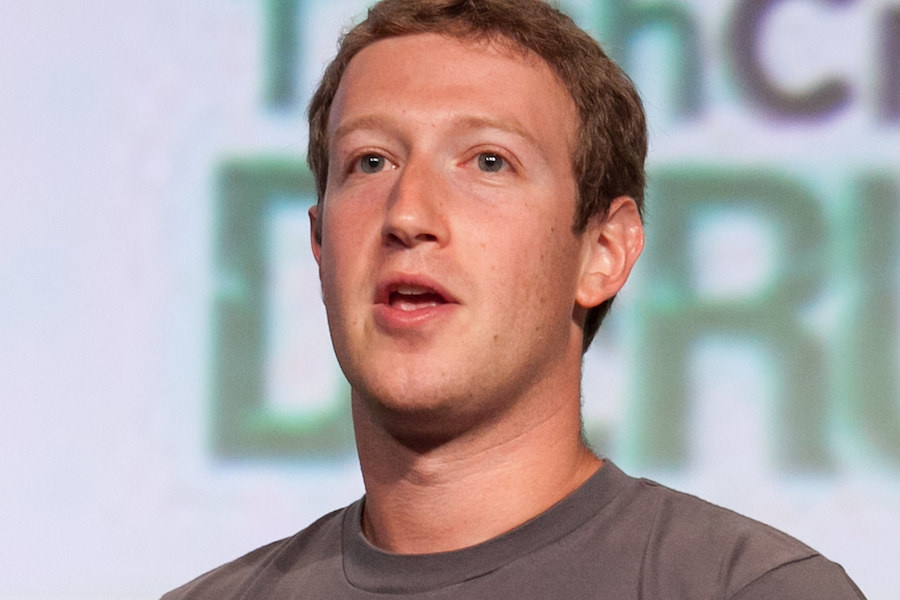
Facebook users have become increasingly startled this month as revelations regarding Cambridge Analytica’s involvement in social media privacy breaches have been made public. Cambridge Analytica is a firm that develops voter profiles based on data harvested from social media. In tandem with an app company, it paid Facebook users to participate in a personality test. The app also gathered the information of participants’ friends, purportedly in order to create a fuller psychological profile of each test taker — and thus each potential voter.
The undeniable violation of privacy that this constituted has been condemned by Facebook, but more complicated is the politically inflected nature of the data harvesting. Both President Donald Trump’s campaign and the Brexit movement contracted Cambridge Analytica to develop sociopolitical portraits of potential voters. Whether these particular political movements were aware of the extent of the privacy invasions remains unclear, but as The Guardian reported on Apr. 4, the original estimated number of targeted Facebook users — 50 million — has increased to 87 million.
Perhaps most troubling is that, early in the campaign process, Facebook became aware that the firm was harvesting user data, including individuals’ political and religious beliefs, but did not tell the public, instead demanding that Cambridge Analytica delete the information. But in March, a whistleblower alerted the multimillion-dollar social media company to the fact that the data had not actually been deleted as promised. The company’s failure to honor its oft-expressed commitment to privacy and transparency among users is now being called into question. Facebook has said that it will be more heavily regulating apps that demand private information from its users — but the damage has already been done.
Whether or not this enormous privacy breach was of special help to the Brexit and Trump campaigns is unclear. In any political process, candidates actively seek out voters who seem most likely to support their message. It’s part of the game.
But the moral issue with Cambridge Analytica’s actions is that the firm obtained voter information at tremendous cost, perhaps, to those it targeted. Ordinary individuals who assumed that Facebook’s privacy settings would protect them from this kind of digital espionage must now come to terms with the fact that their personal information was obtained without their knowledge or consent. Moreover, Facebook’s mantra of honesty with its users has been utterly undermined by its failure to notify people of a damaging privacy breach. This breach could have aided political movements that might not have adequately reflected users’ views.
While the idea that nothing is private is hardly new for today’s social media enthusiasts, it’s difficult to imagine that your personal information could have been used for purposes you didn’t consent to. The implications of this breach leave many Facebook users in a double bind: to leave social media marks a kind of withdrawal from mainstream 21st-century life that is hardly appealing, but to stay means that your private information could be used for reasons beyond your control.
Written by: Rebecca Bihn-Wallace — rbihnwallace@gmail.com
Disclaimer: The views and opinions expressed by individual columnists belong to the columnists alone and do not necessarily indicate the views and opinions held by The California Aggie.




